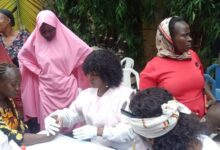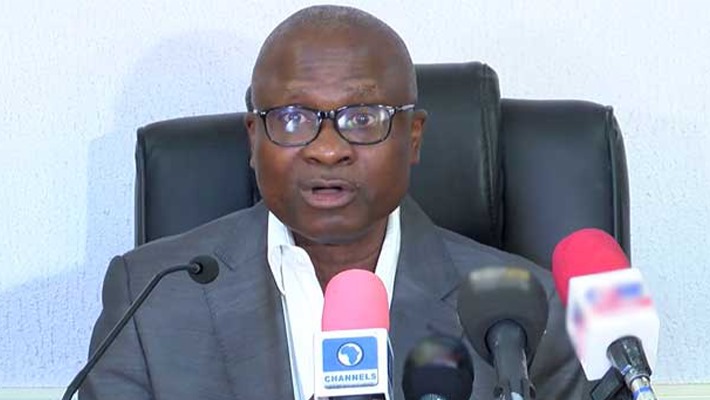WHO Urges Leaders To Put Health On Topmost Agenda

The World Health Organisation (WHO) has urged leaders meeting at the 78th session of the United Nations General Assembly (UNGA 78) in New York to put health for all on the highest political agenda and apply lessons learned from the COVID-19 pandemic.
WHO, in a statement issued on Tuesday, September 12, 2023, said its
appeal was coming as the world faced multiple humanitarian and climate-related crises that were threatening lives and livelihoods around the world.
WHO’s call to accelerate the achievement of health targets comes ahead of the Sustainable Development Goals Summit (SDG Summit) and an unprecedented number of health-focused high-level meetings at UNGA, aimed at strengthening pandemic prevention, preparedness, and response, delivering universal health coverage (UHC) and ending Tuberculosis (TB).
The Global Health body explained that, as government leaders gather to make commitments around three major health issues, they have a chance to demonstrate that health is an investment, not a cost, and is fundamental to thriving, resilient families, societies, and economies.
Speaking on the need to place health issues on the front burner, WHO Director-General, Dr. Tedros Adhanom Ghebreyesus said, “If COVID-19 taught us nothing else, it’s that when health is at risk, everything is at risk.
“The pandemic caused enormous economic, social, and political upheaval, and stalled or reversed progress towards the health-related targets in the Sustainable Development Goals (SDGs).
“The UN General Assembly is the moment for world leaders to show they have learned the painful lessons of the pandemic, and to take concrete steps towards a healthier, safer, and fairer world for all people.”
Furthermore, the statement informed that, progress in reducing infant and maternal mortality had stagnated (in some regions, rates have even increased) and progress in tackling infectious diseases like HIV/AIDS, tuberculosis (TB), and malaria had faltered. Many parts of the world were also seeing rollbacks of sexual and reproductive health and rights.
In addition, access to life-saving tools was uneven across the world, with millions unable to afford or obtain needed care. Noncommunicable diseases and mental disorders, which account for over 70% of deaths globally, threaten social and economic development everywhere.
“Ill health robs individuals, families, communities, and entire nations of opportunities to grow and flourish.
“The fact that billions of people cannot access or afford essential health services exposes them to poverty, easily preventable and treatable diseases like TB, and to the impact of future epidemics and pandemics.
“In WHO’s 75th year, we are reminding the world of what our founders affirmed: that health is not only a fundamental human right, but also the foundation of safe, peaceful, and prosperous societies”, Dr. Ghebreyesus said.






